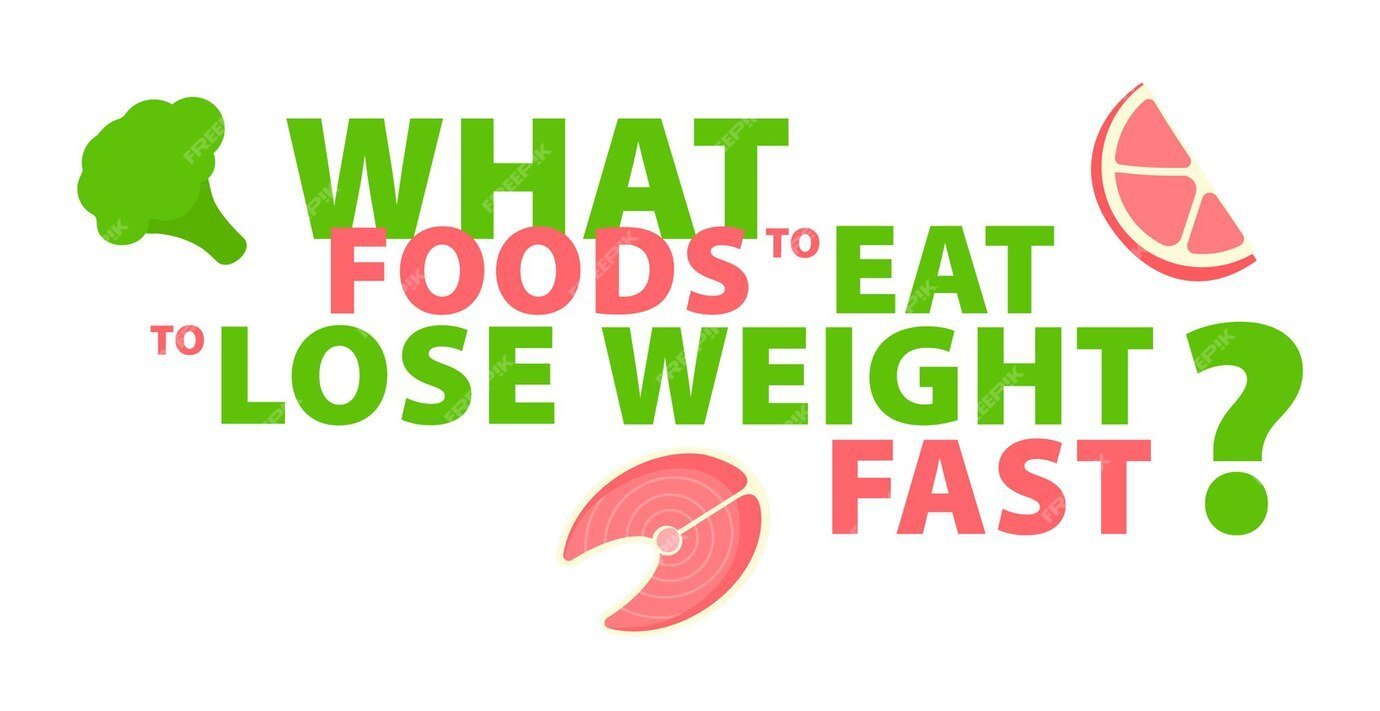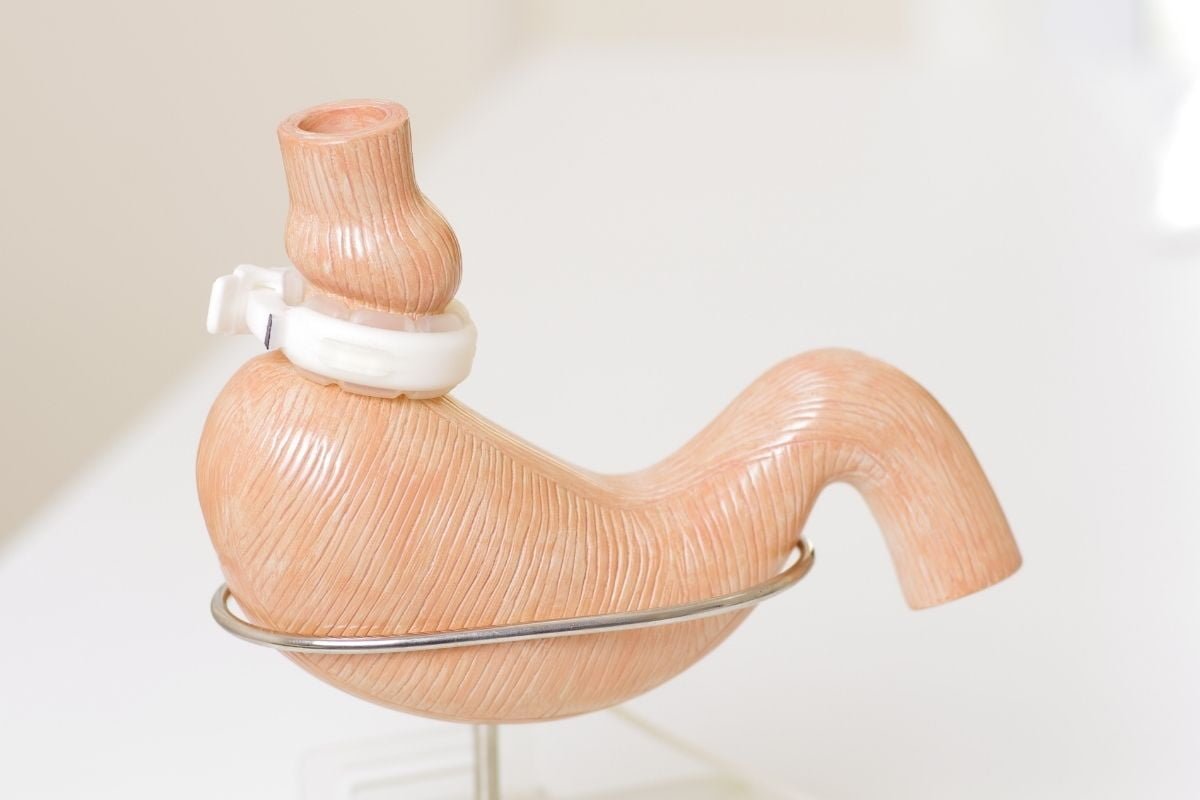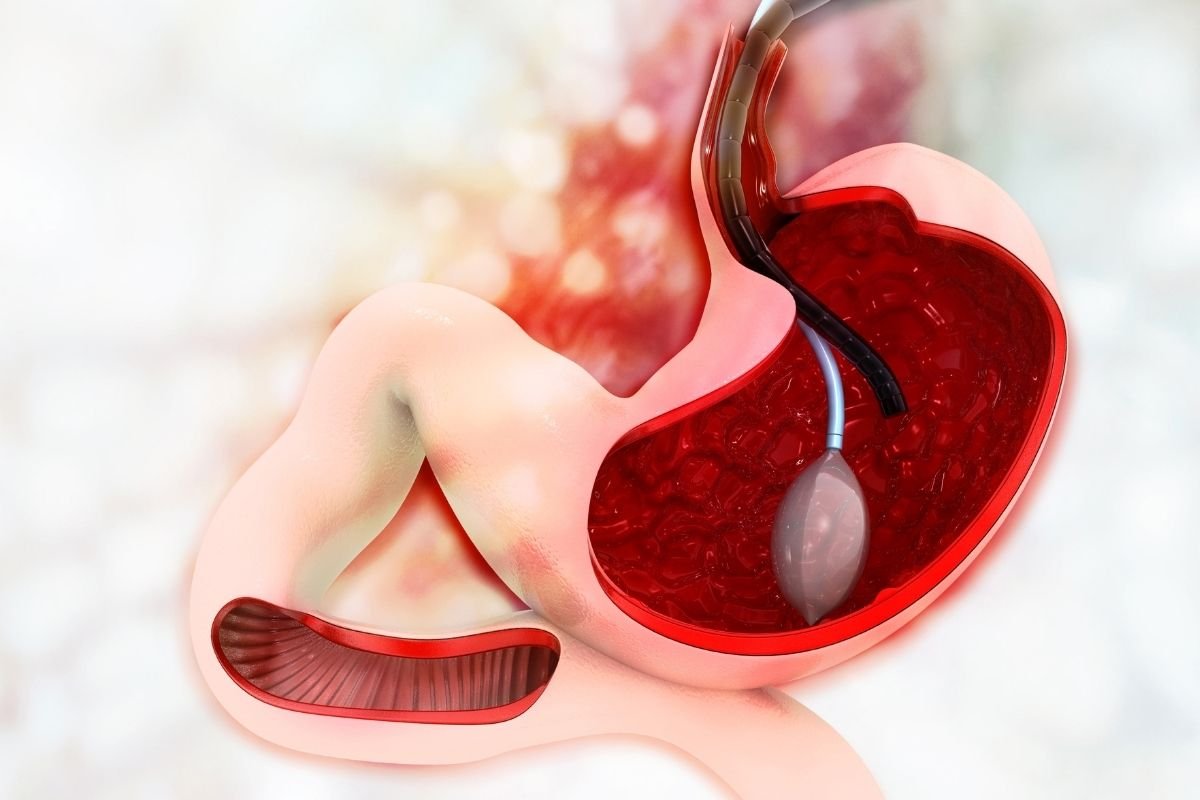Food Choices For Healthier Lifestyle
Achieving weight loss and preventing obesity involves making informed food choices and adopting a healthier lifestyle. Certain foods can significantly hinder your weight loss efforts. By avoiding these foods, you can enhance your chances of achieving and maintaining a healthy weight. Here are the top 10 foods to avoid for weight loss and tips on preventing obesity.
1. Sugary Beverages
Sugary drinks, such as sodas, fruit juices, and sweetened teas, are high in calories and provide little to no nutritional value. These beverages can lead to weight gain by increasing your daily calorie intake without making you feel full. Instead, opt for water, herbal teas, or sparkling water with a splash of lemon or lime to stay hydrated and reduce calorie consumption.
2. Processed Foods
Processed foods like chips, cookies, and packaged snacks are often loaded with unhealthy fats, sugars, and sodium. These foods are typically high in calories and low in essential nutrients, making them a poor choice for those looking to lose weight. Focus on whole foods such as fruits, vegetables, lean proteins, and whole grains to support your weight loss journey.
3. Refined Carbs
Refined carbohydrates, found in white bread, pastries, and many breakfast cereals, can cause rapid spikes in blood sugar levels, leading to increased hunger and overeating. Whole grains like oats, quinoa, and brown rice are better alternatives as they provide more fiber and keep you feeling fuller for longer.
4. Fried Foods
Fried foods, including French fries, fried chicken, and donuts, are high in unhealthy fats and calories. These foods not only contribute to weight gain but also increase the risk of heart disease. Baking, grilling, or steaming your food can be healthier cooking methods that help you reduce calorie intake.
5. Sweets and Desserts
Cakes, cookies, ice cream, and other sweets are packed with sugar and unhealthy fats, making them high-calorie foods that offer little nutritional benefit. Instead, satisfy your sweet tooth with fresh fruits, Greek yogurt with honey, or a small piece of dark chocolate.
6. High-Calorie Coffee Drinks
Coffee drinks such as lattes, frappuccinos, and flavored coffees often contain high amounts of sugar and fat, turning a simple cup of coffee into a calorie bomb. Opt for plain black coffee or coffee with a splash of milk and a little sweetener to enjoy your caffeine fix without the extra calories.
7. Alcoholic Beverages
Alcohol is high in empty calories and can also lower inhibitions, leading to overeating. Cocktails, in particular, can be very high in sugar and calories. If you choose to drink, do so in moderation and opt for lower-calorie options like light beer, wine, or spirits mixed with soda water.
8. White Rice
White rice is a refined grain that has had most of its fiber and nutrients removed. This can lead to spikes in blood sugar levels and increased hunger. Swap white rice for whole grains like brown rice, quinoa, or barley to increase your fiber intake and feel fuller for longer.
9. Store-Bought Salad Dressings
Many store-bought salad dressings are high in calories, unhealthy fats, and sugars. These can turn a healthy salad into a high-calorie meal. Make your own dressings at home using ingredients like olive oil, vinegar, lemon juice, and herbs to keep your salads healthy and low-calorie.
10. Processed Meats
Processed meats such as bacon, sausages, and deli meats are often high in unhealthy fats, sodium, and preservatives. These can contribute to weight gain and increase the risk of chronic diseases. Choose lean meats like chicken, turkey, or plant-based protein sources to maintain a healthier diet.
Tips for Preventing Obesity
1. Focus on Whole Foods
Whole foods, such as fruits, vegetables, lean proteins, and whole grains, provide essential nutrients and help you feel full longer. These foods are naturally lower in calories and higher in fiber, making them ideal for weight loss.
2. Practice Portion Control
Overeating can lead to weight gain, even with healthier foods. Use smaller plates, pay attention to hunger cues, and avoid eating in front of the TV to help control portions and reduce calorie intake.
3. Stay Hydrated
Drinking water throughout the day can help control hunger and prevent overeating. Sometimes thirst is mistaken for hunger, so staying hydrated can help you avoid unnecessary snacking.
4. Be Physically Active
Regular physical activity is essential for weight management and overall health. Aim for at least 150 minutes of moderate-intensity exercise, such as brisk walking or cycling, each week.
5. Get Enough Sleep
Lack of sleep can disrupt hormones that regulate hunger and appetite, leading to weight gain. Aim for 7-9 hours of sleep per night to support weight loss and overall health.
6. Manage Stress
Chronic stress can lead to emotional eating and weight gain. Practice stress management techniques such as meditation, deep breathing, yoga, or spending time in nature to help keep stress levels in check.
Conclusion
By avoiding these top 10 foods and following practical tips for a healthier lifestyle, you can enhance your weight loss efforts and prevent obesity. Making mindful food choices, staying active, and managing stress are key components of a successful weight loss journey. For more detailed information on healthy eating and weight loss, you can refer to resources such as Eating Well, HealthMatch, Signos, and Quora.
For personalized guidance and support on your weight loss journey, consider consulting with a healthcare professional at TurkeyObesity. Our comprehensive education and support can help you make sustainable lifestyle changes for long-term success in managing obesity and achieving your weight loss goals.








